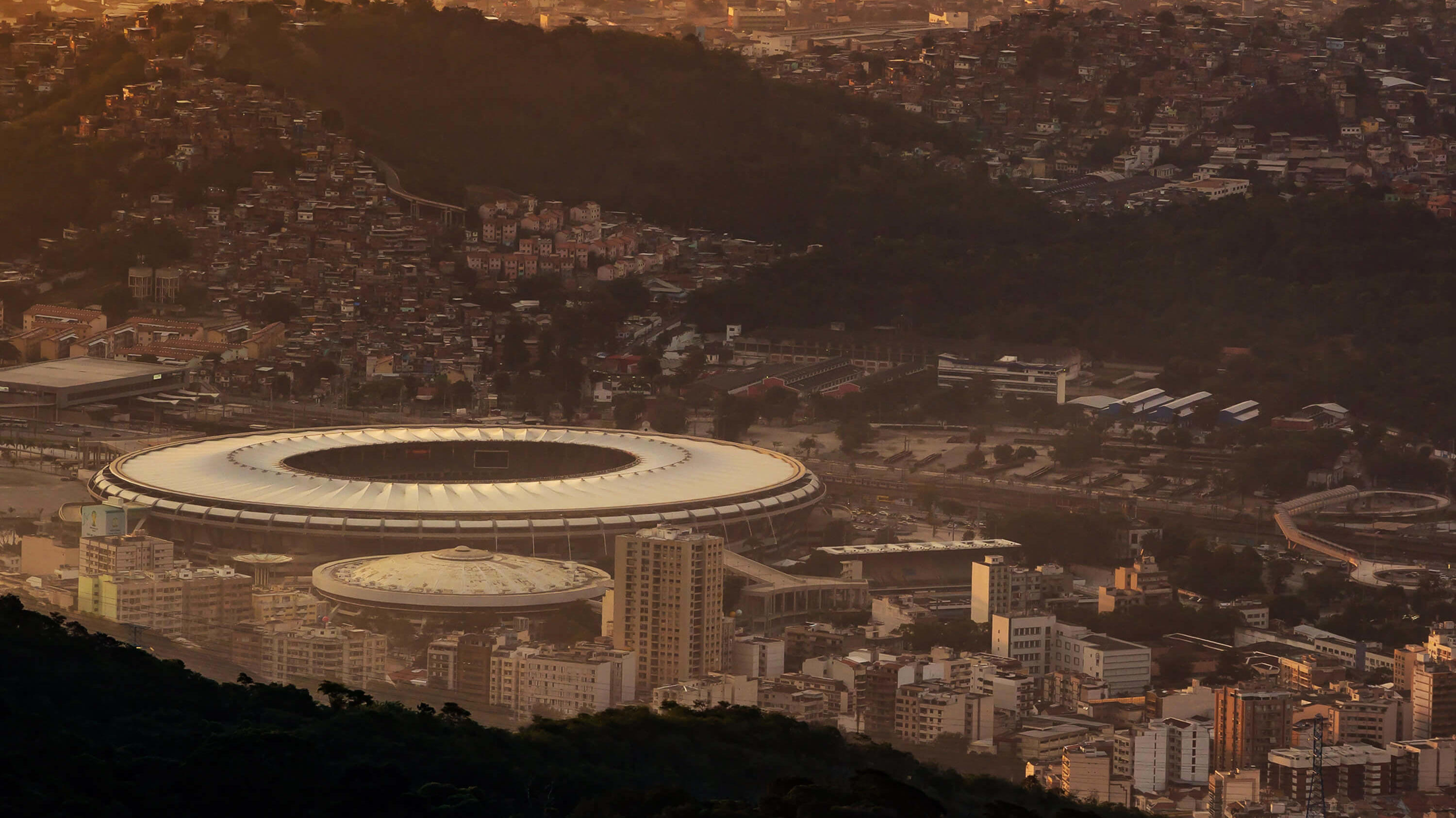Challenge
Historically, Brazil had produced large scale mapping and had no process in place to create generalised small and mid-scale cartographic products.
The challenge was to incorporate a new production system into the DSG's existing data standardisation framework – with the specific aim of enabling stakeholders to prepare for the 2016 Olympics.

Solution
We worked with DSG to design and build a bespoke four week training programme that would:
- Introduce delegates to the application of geospatial software and hardware tools within national map production systems.
- Enhance delegates' levels of understanding the principles and theory of generalisation techniques.
- Provide them with the opportunity to share experience from Ordnance Survey’s own practical use of generalisation tools.
Result
DSG gained the skills and knowledge to enable map generalisation to be used within its existing cartographic production system.
The delegates learnt how to use geospatial data to support major events. Expert geospatial advice and support was also provided by OS, and customisation and open standards were introduced.
The training programme itself covered five core ‘modules’ within the end-to-end data creation to product generation map production processes:
- Geospatial data modelling techniques.
- Extract transform and load techniques.
- Application of data models.
- Generalisation
- Olympics data flow proof-of-concept.
The result of the programme was that delegates were able to apply new skills to directly benefit their organisation.
"Undertaking specialist training at internationally renowned Ordnance Survey, has enabled DSG to evaluate its own strengths and highlight areas for improvement through the transfer of knowledge and expertise. This has placed DSG in a stronger position to support the safe and secure delivery of the Rio 2016 Olympics and Paralympic games."